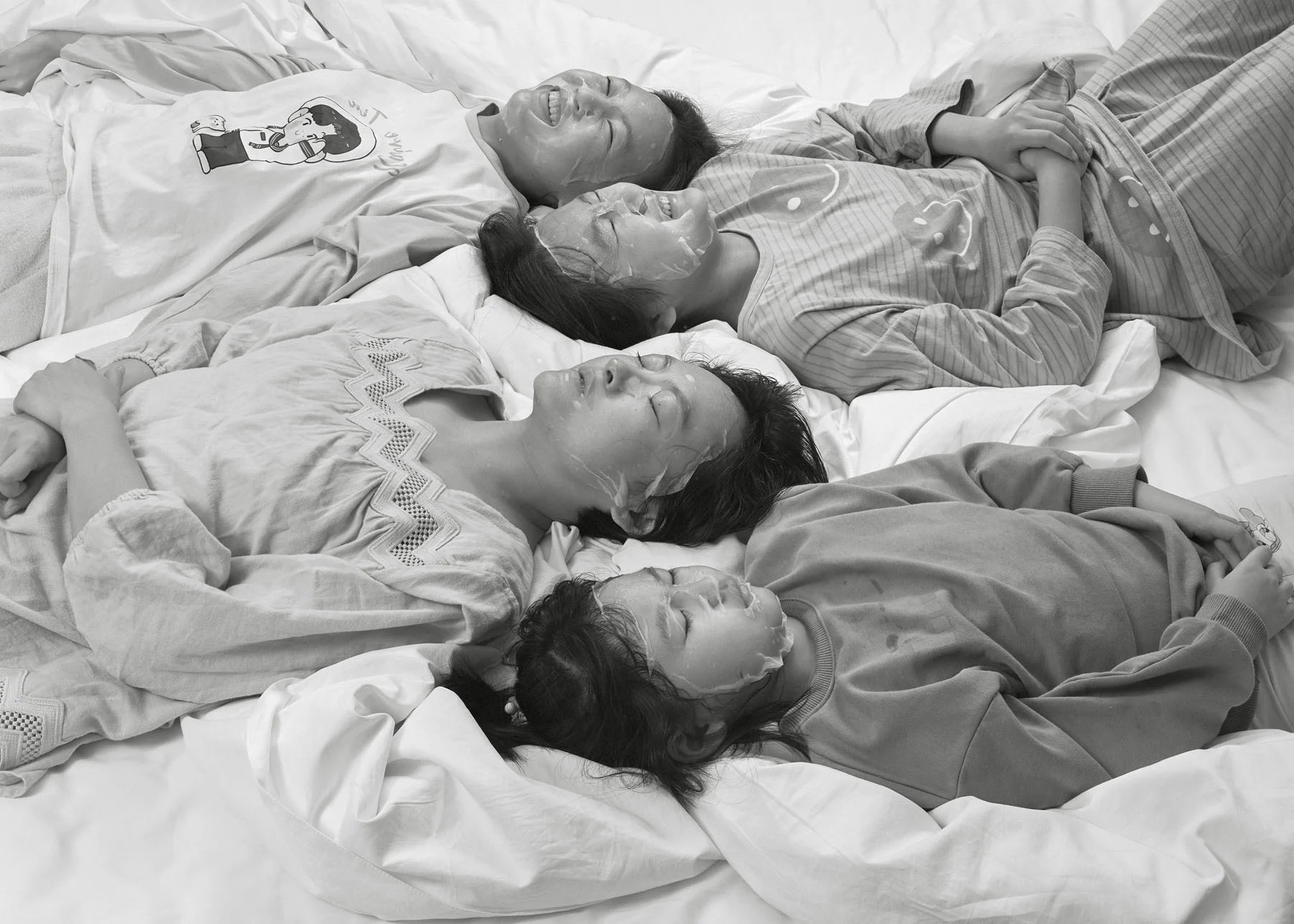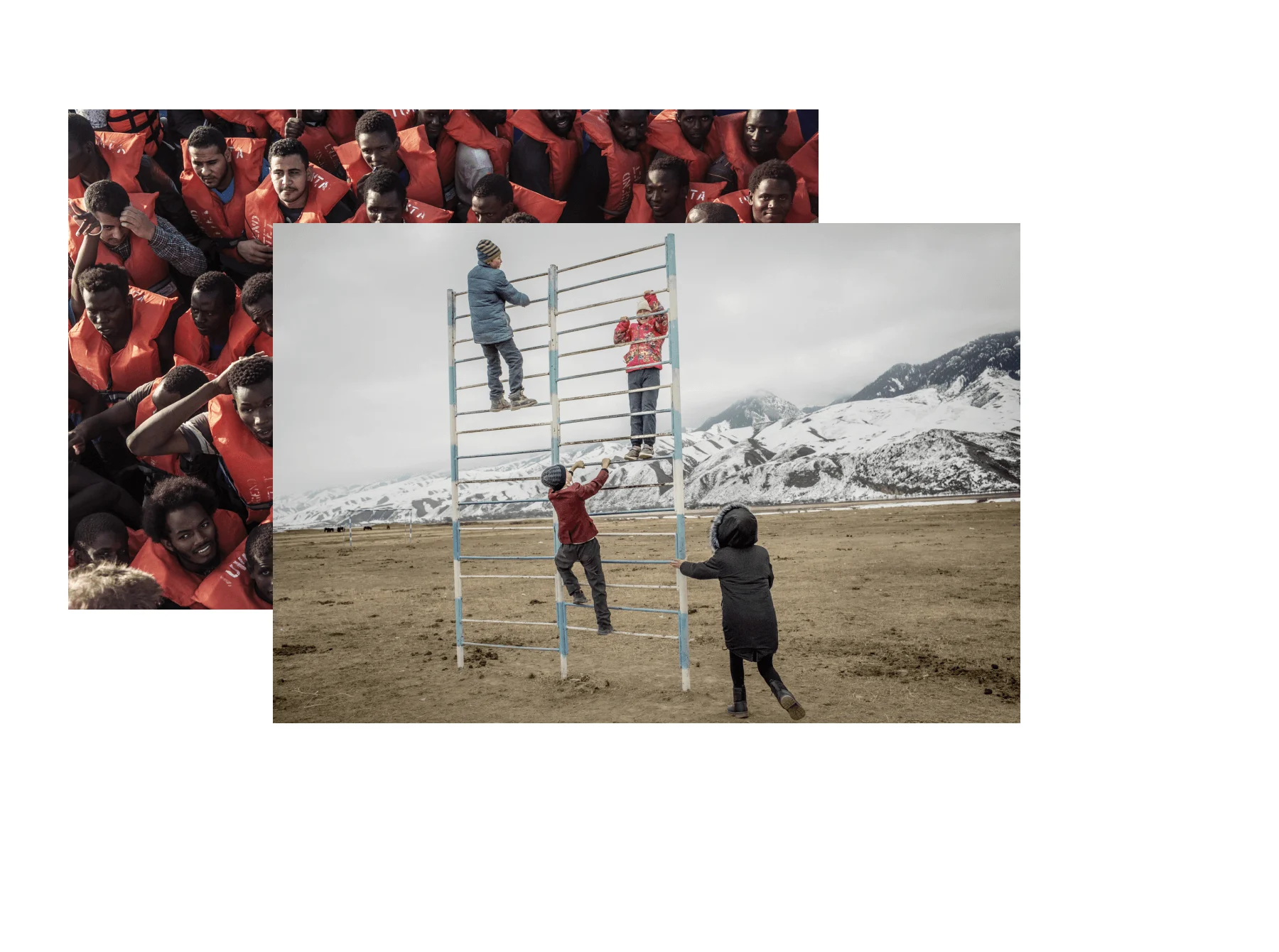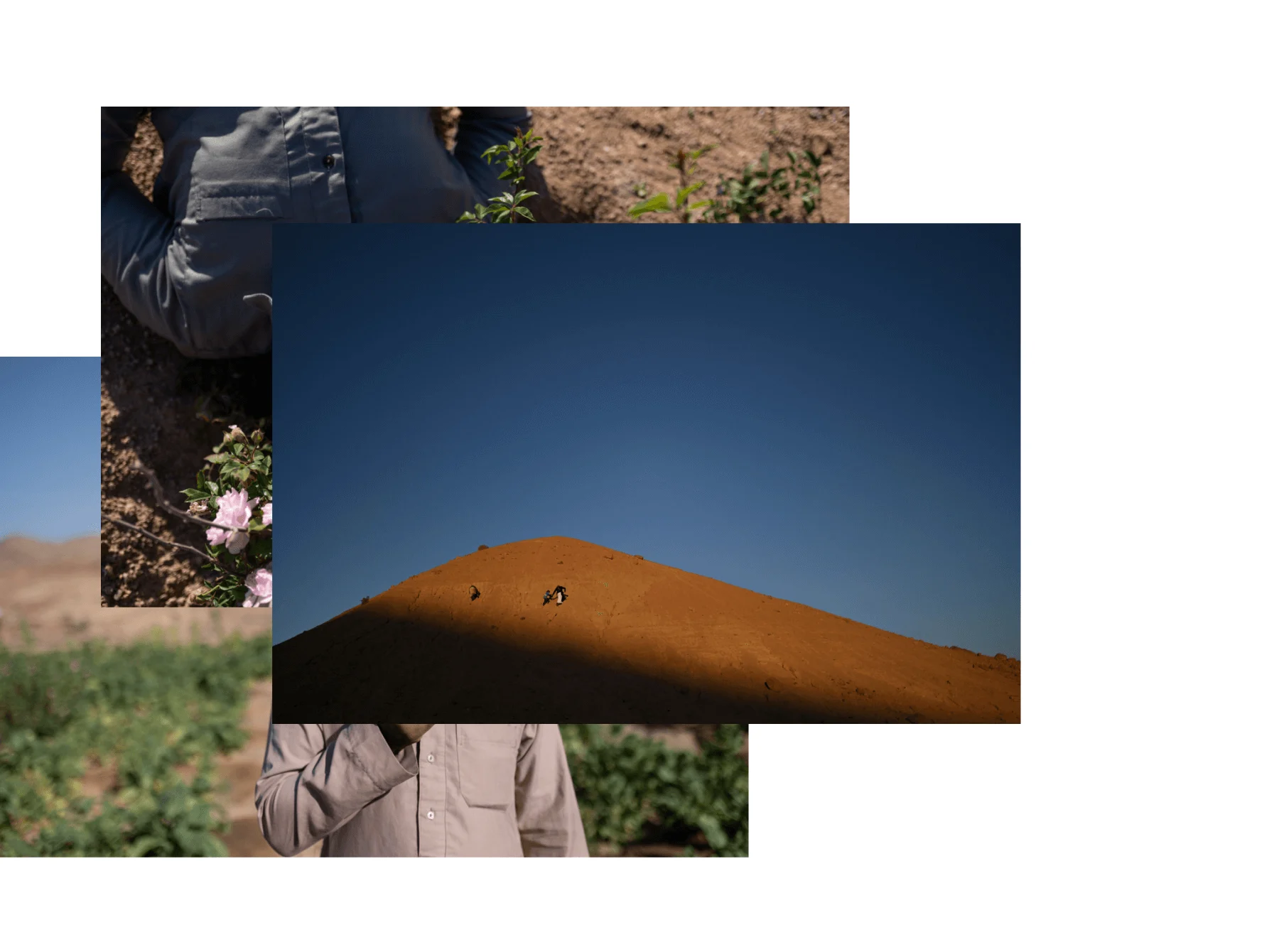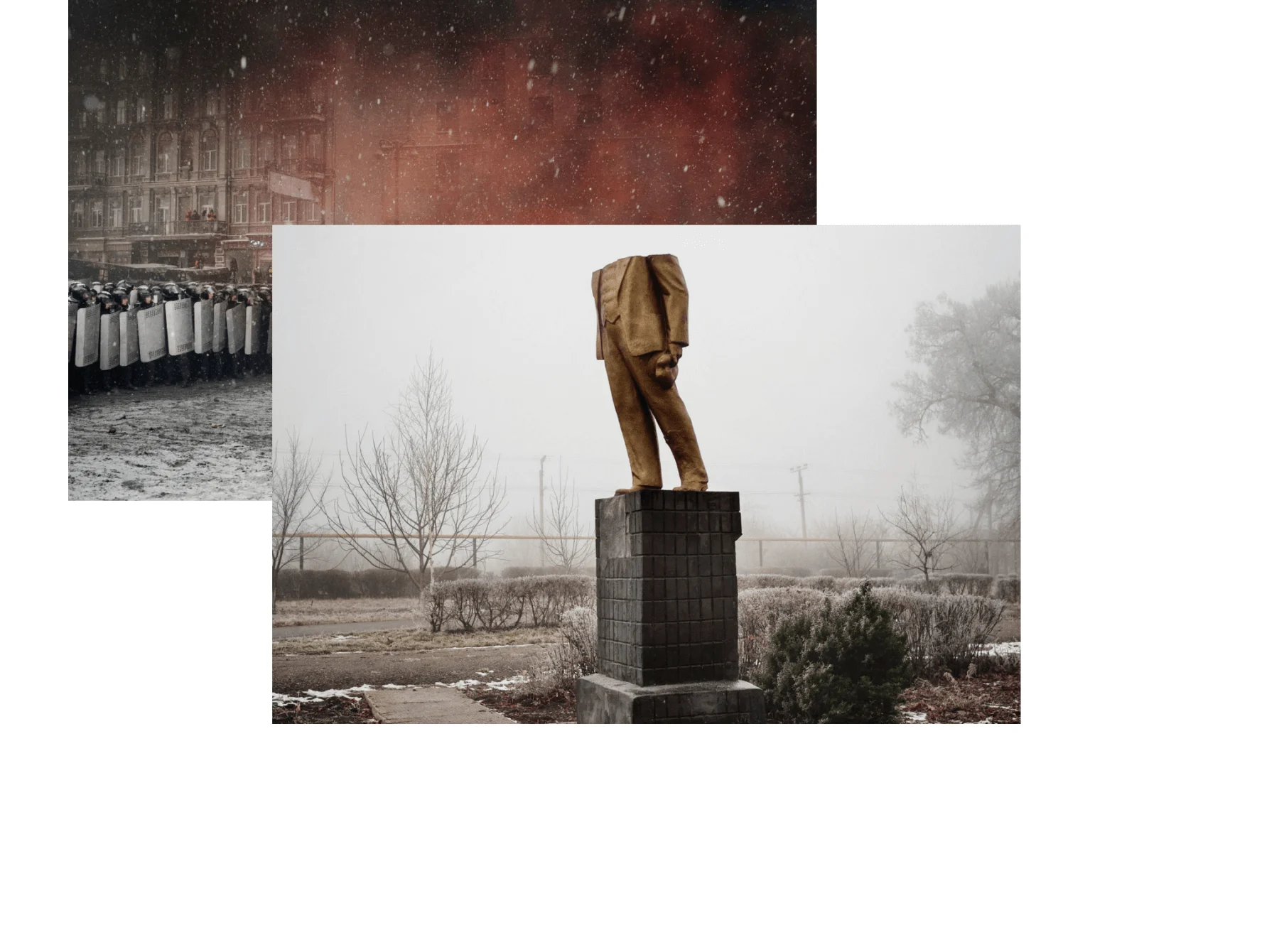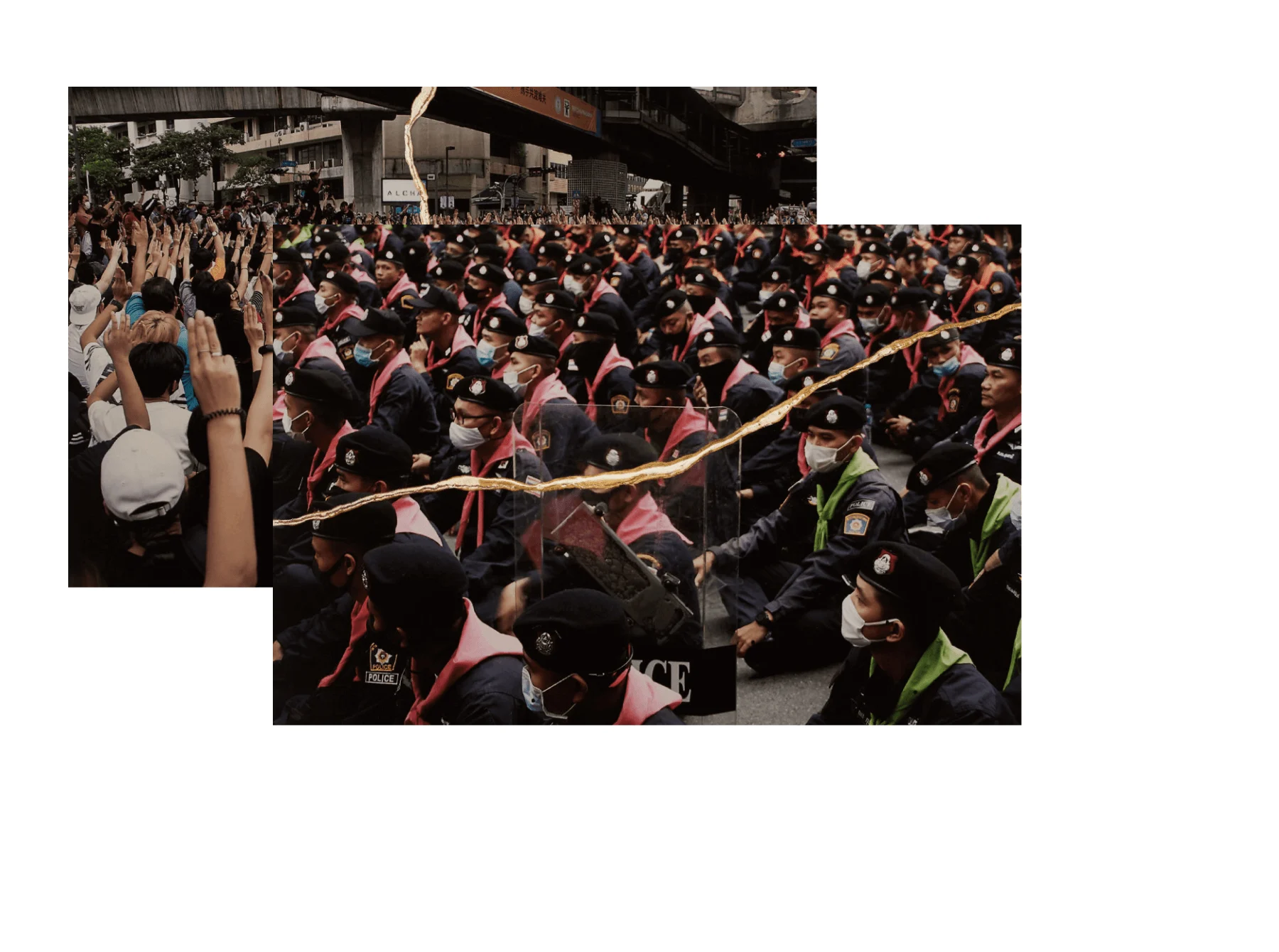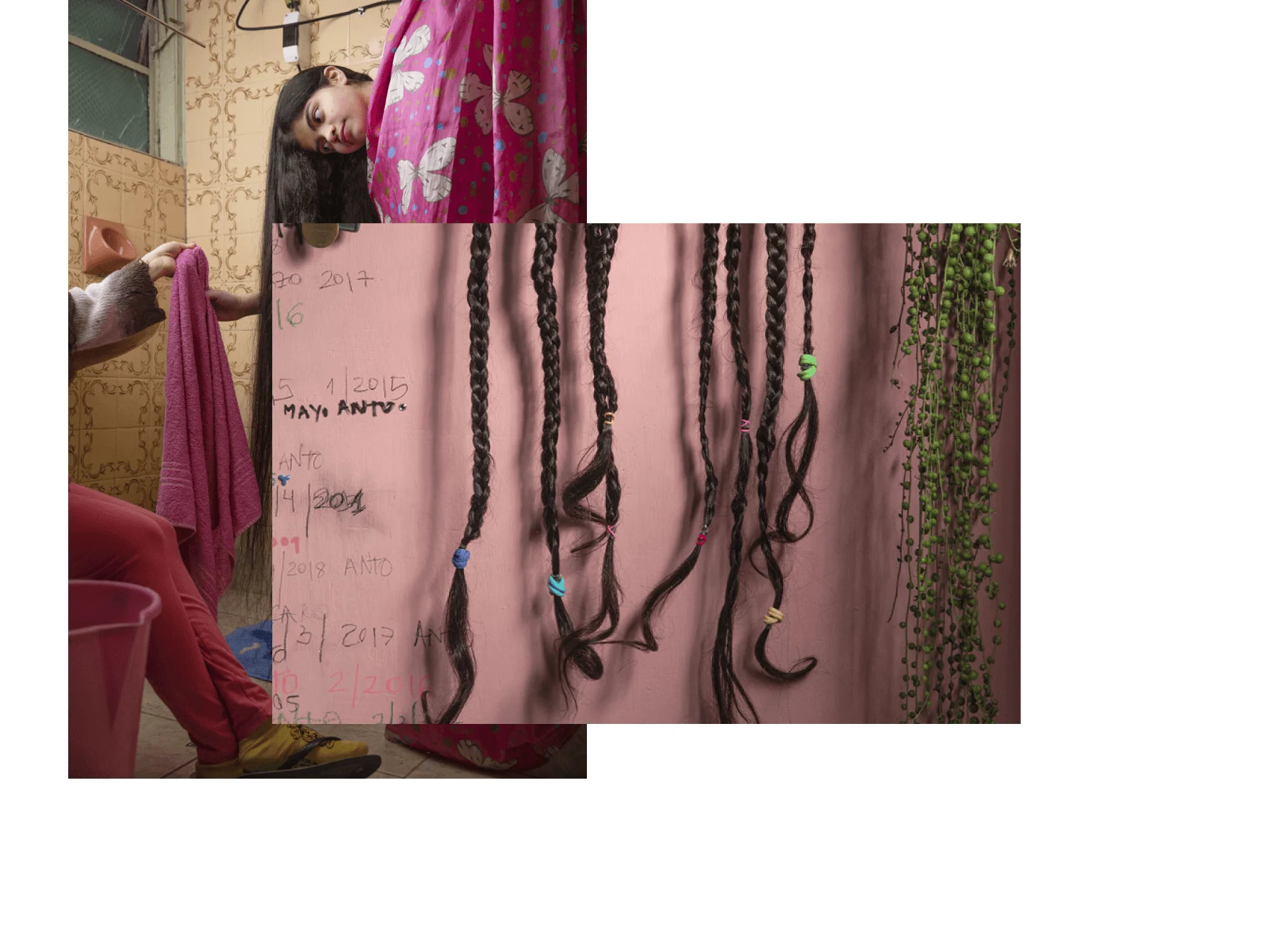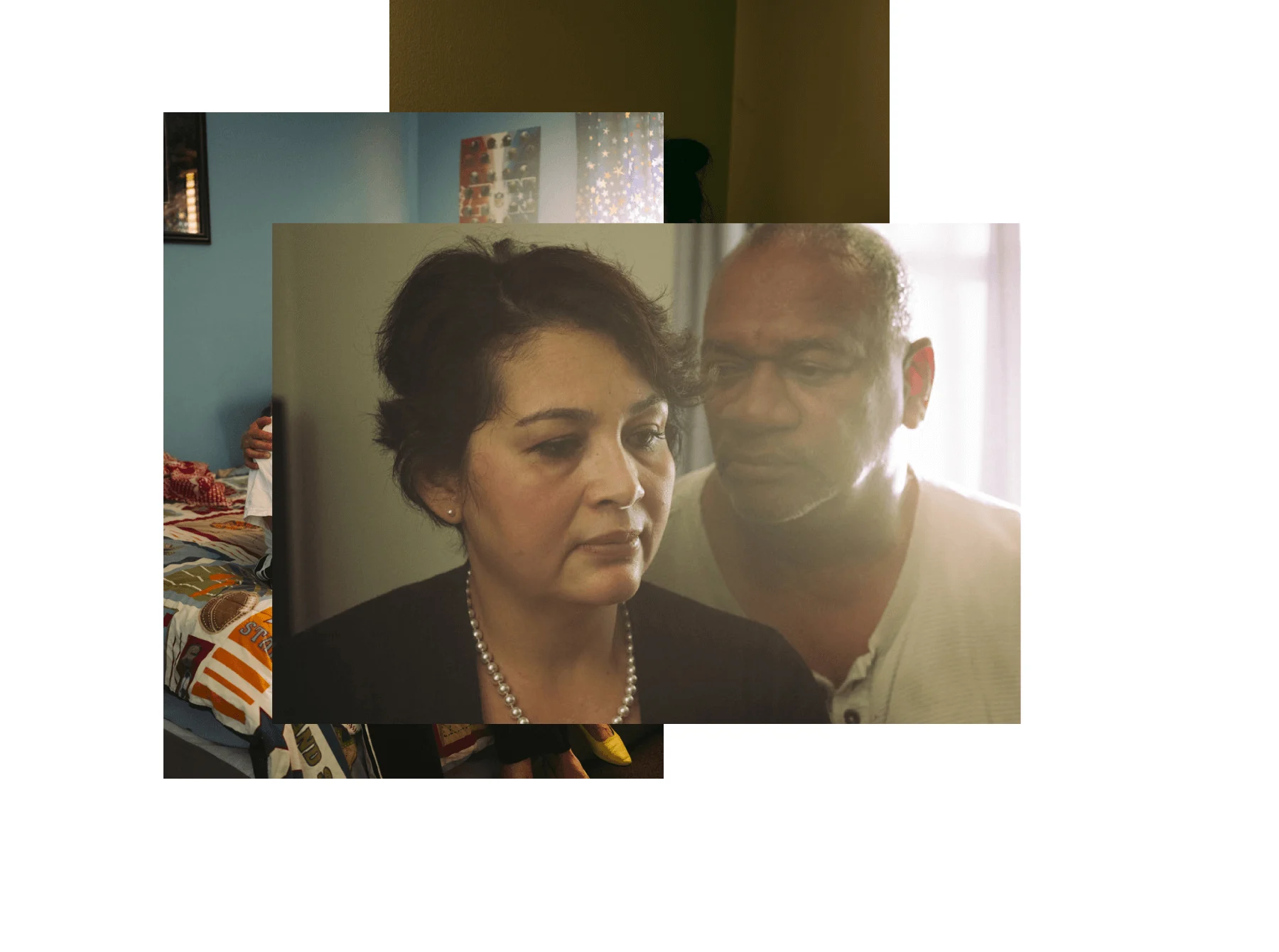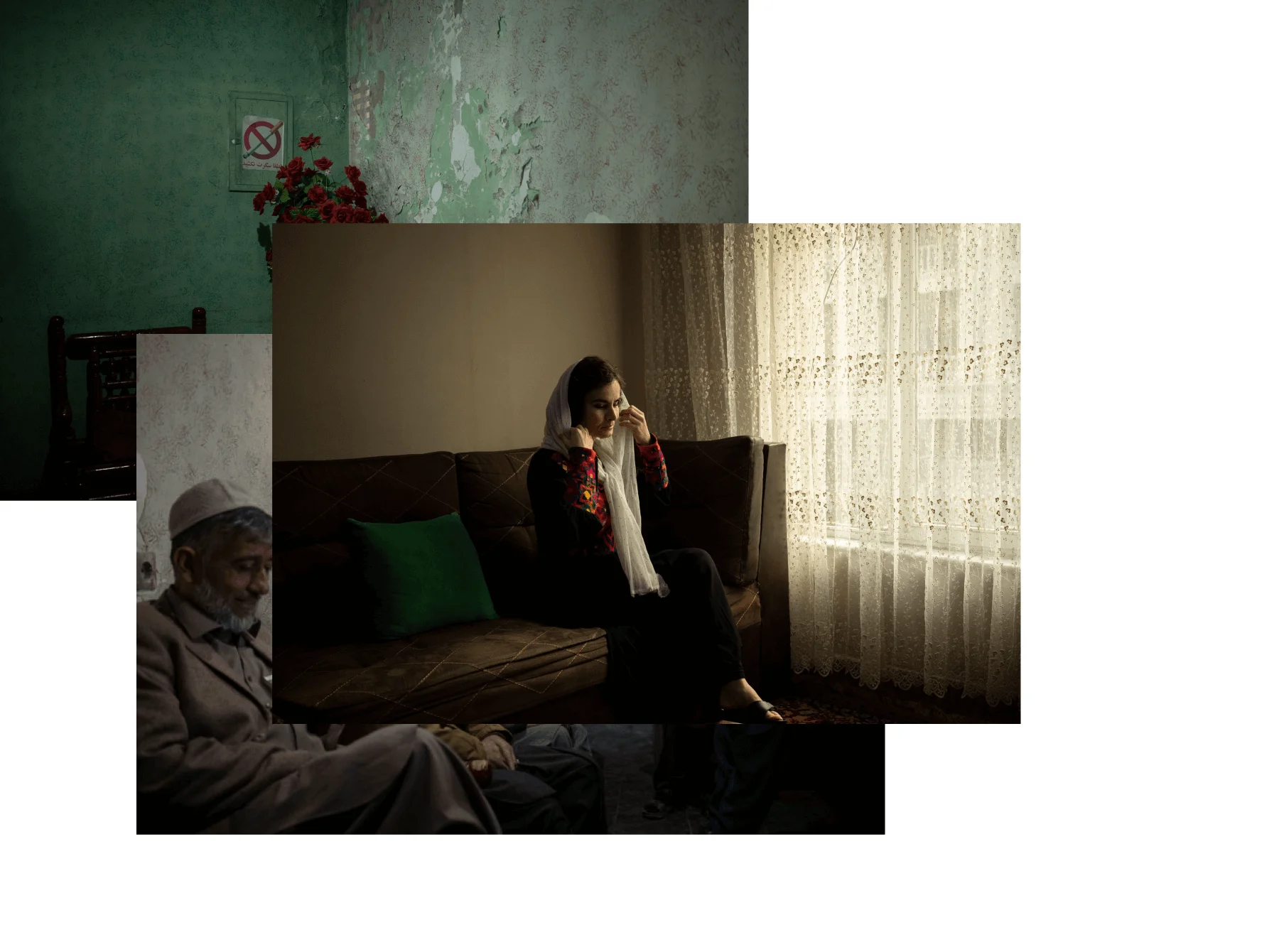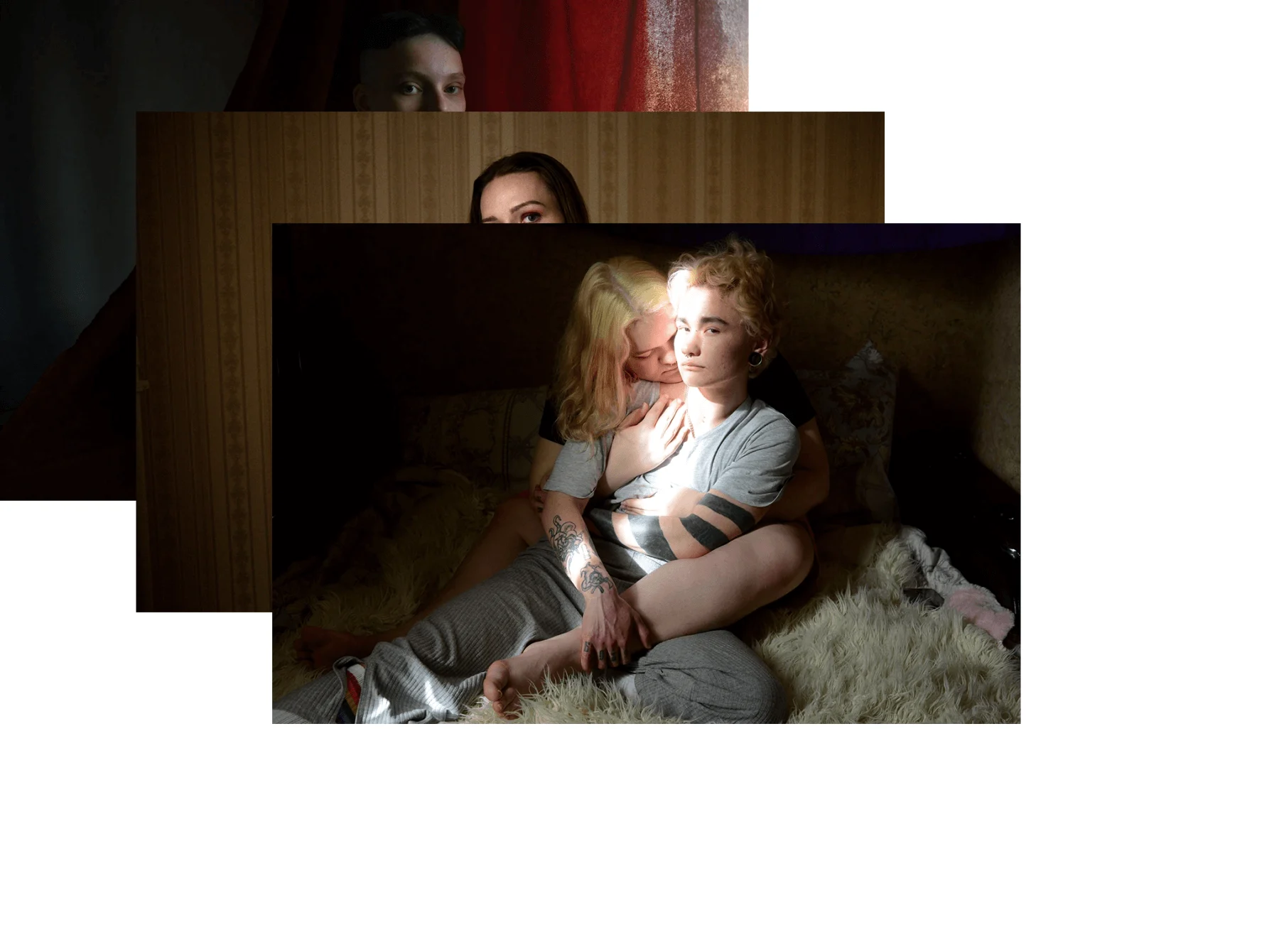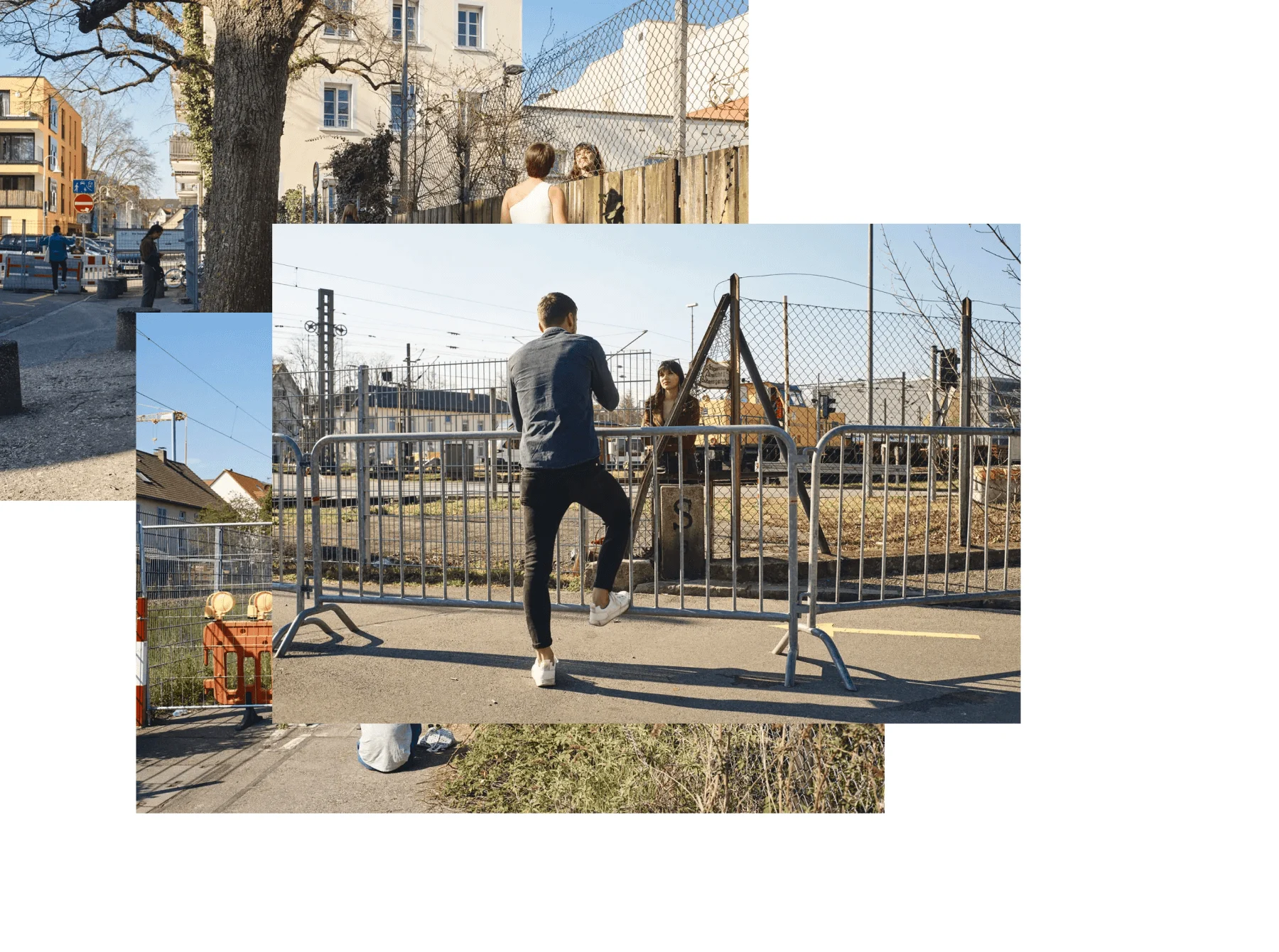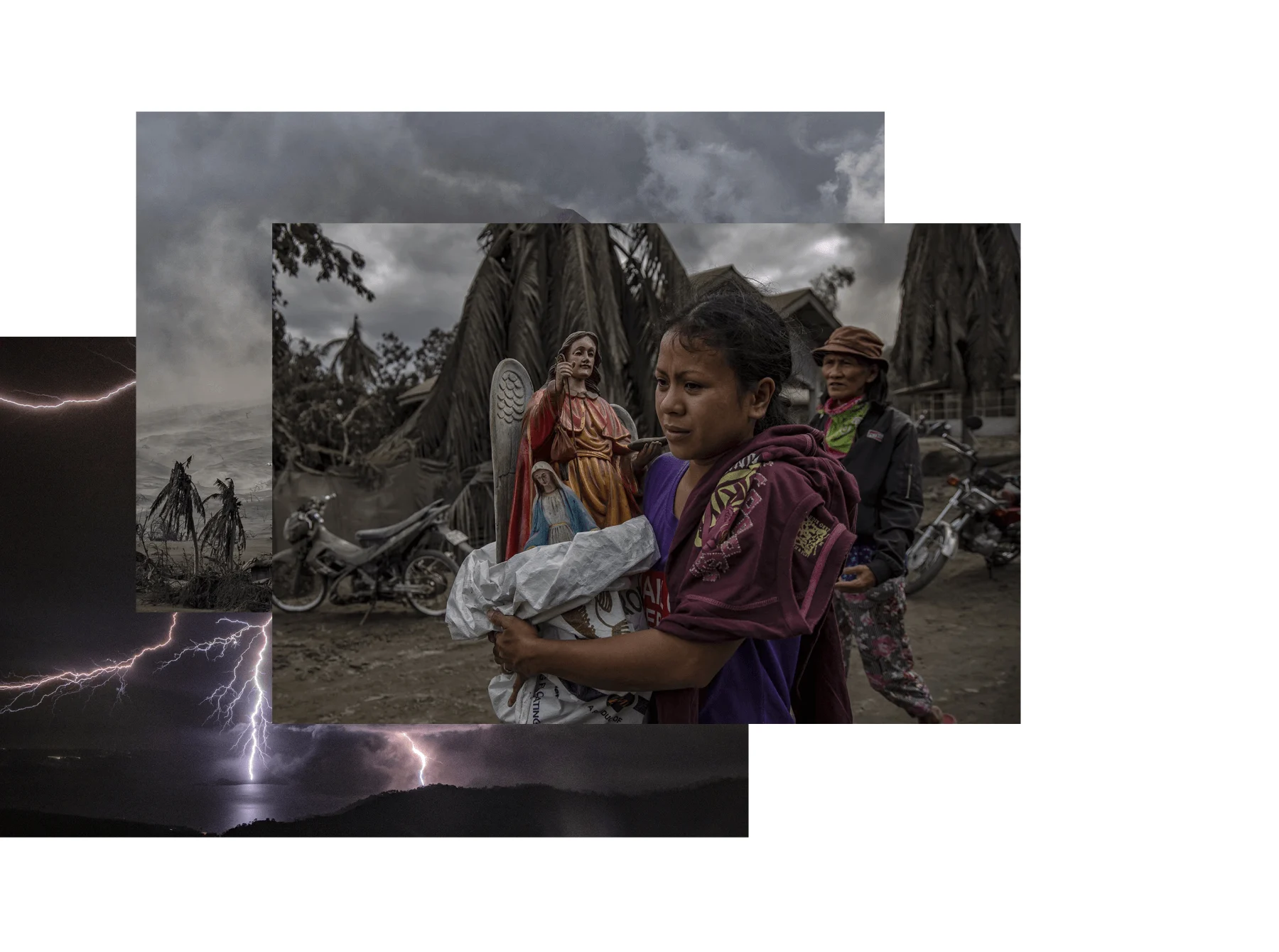
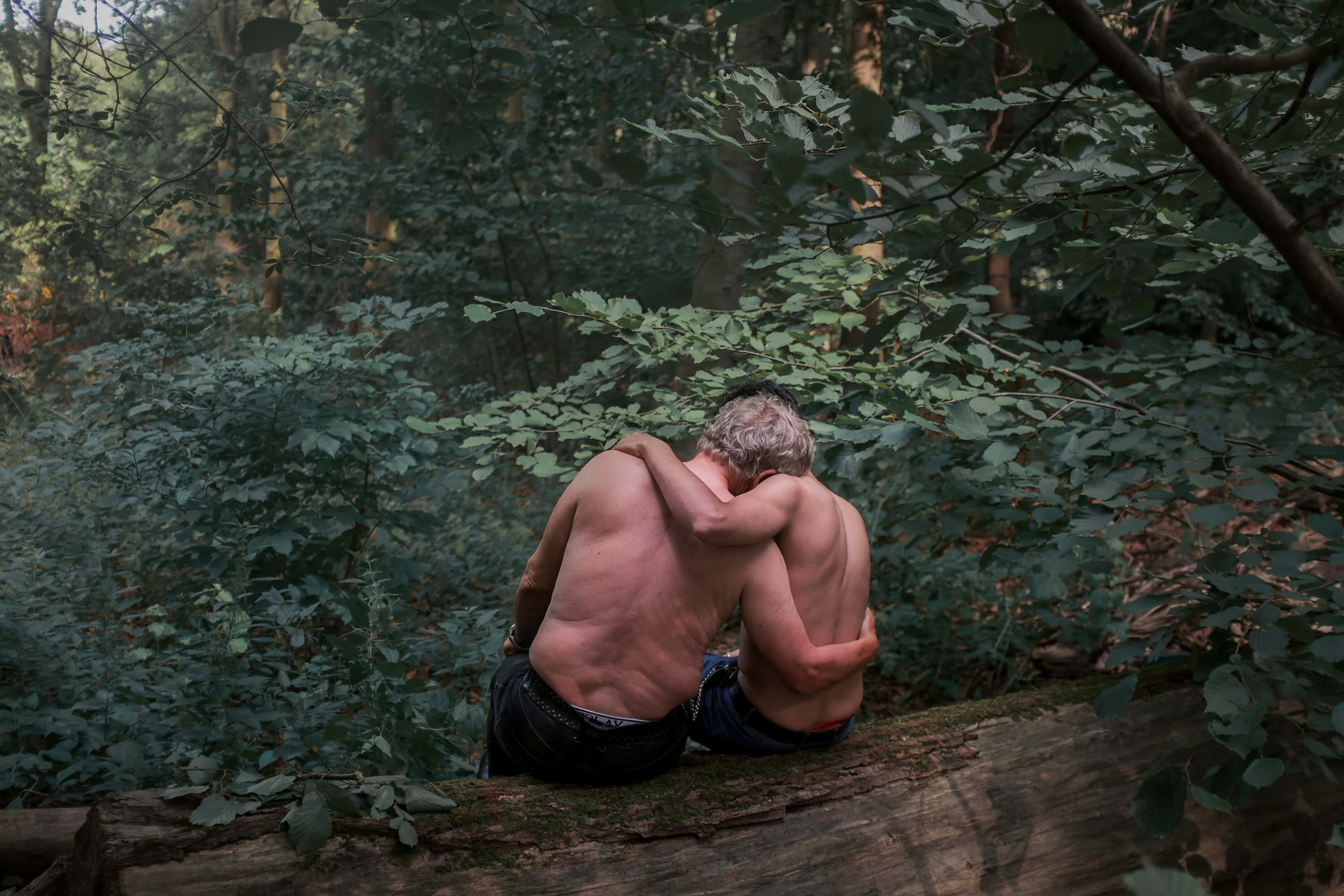
Heba Khamis is a visual researcher and photographer from Egypt who seeks out stories about often-overlooked social issues. Black Birds was shot over the course of six months in Berlin’s huge Tiergarten park.
The project features the male prostitutes who work there, often refugees from Afghanistan and Iran. Many struggle with drug addiction, and feel helpless and exhausted by the legal system that bans them from working while their asylum applications are processed. There is plenty of work in the park, where locals and tourists come to buy sex.
Her photo of Jochen, 71, and 21-year-old Mohamed (not his real name) was nominated in the World Press Photo Portraits category. The pair, pictured above, had been dating for 19 months.
Since 2016, we’ve partnered with the World Press Photo awards to tell the stories behind the best photojournalism around, in the photographers' own words. See the whole series here.
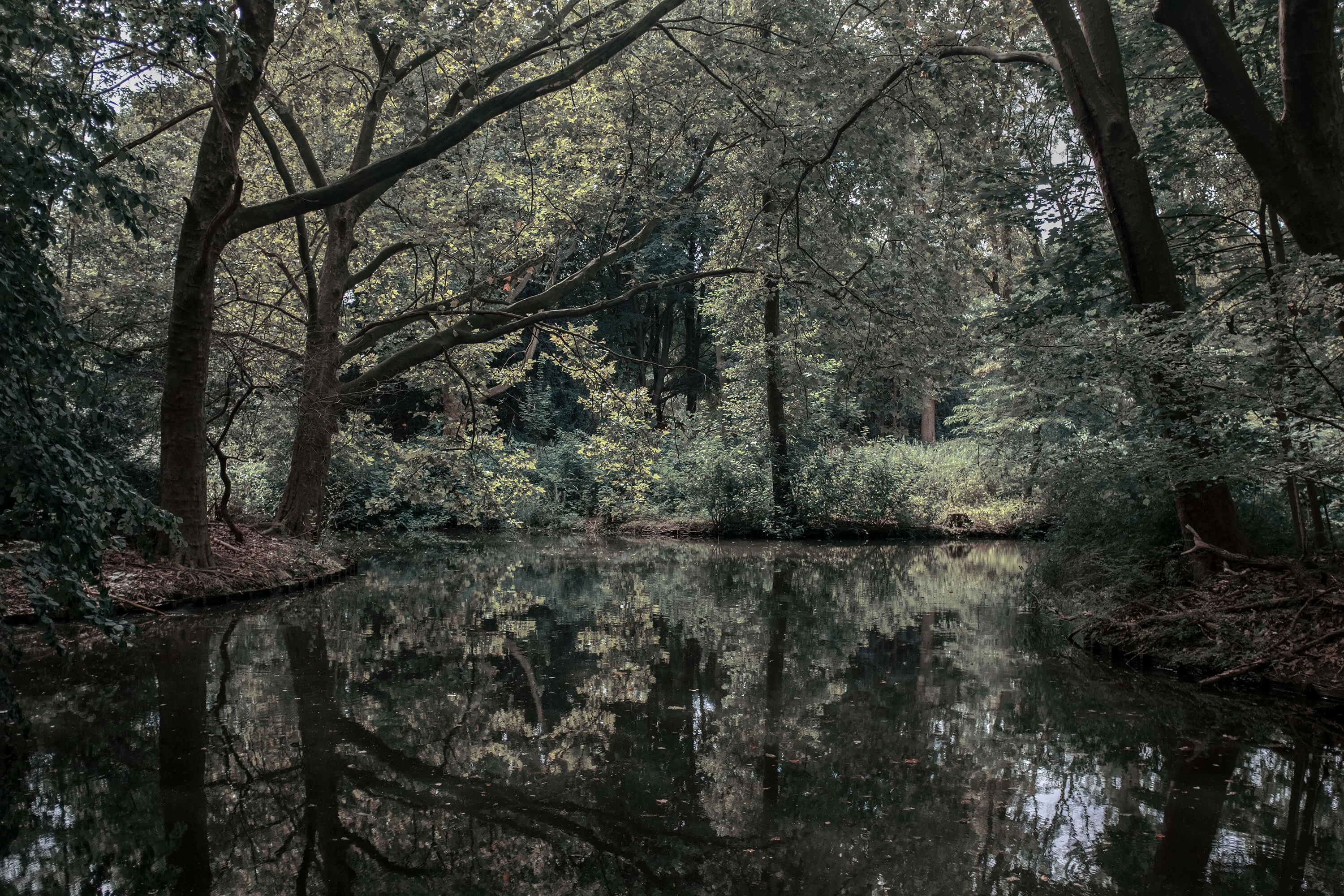
You know when you hear about something and it catches your heart and you can't stop thinking about it? I always feel that before I start my projects. If I don't feel that, I cannot work.
So I went to the Tiergarten Park in Berlin and I was like, hmm, what should I do now? Shall I just go and ask the guys, are you a prostitute? That would be subhuman. So instead I stayed in the park from morning until sunset, and while I was sitting there, I'd talk to the refugees.
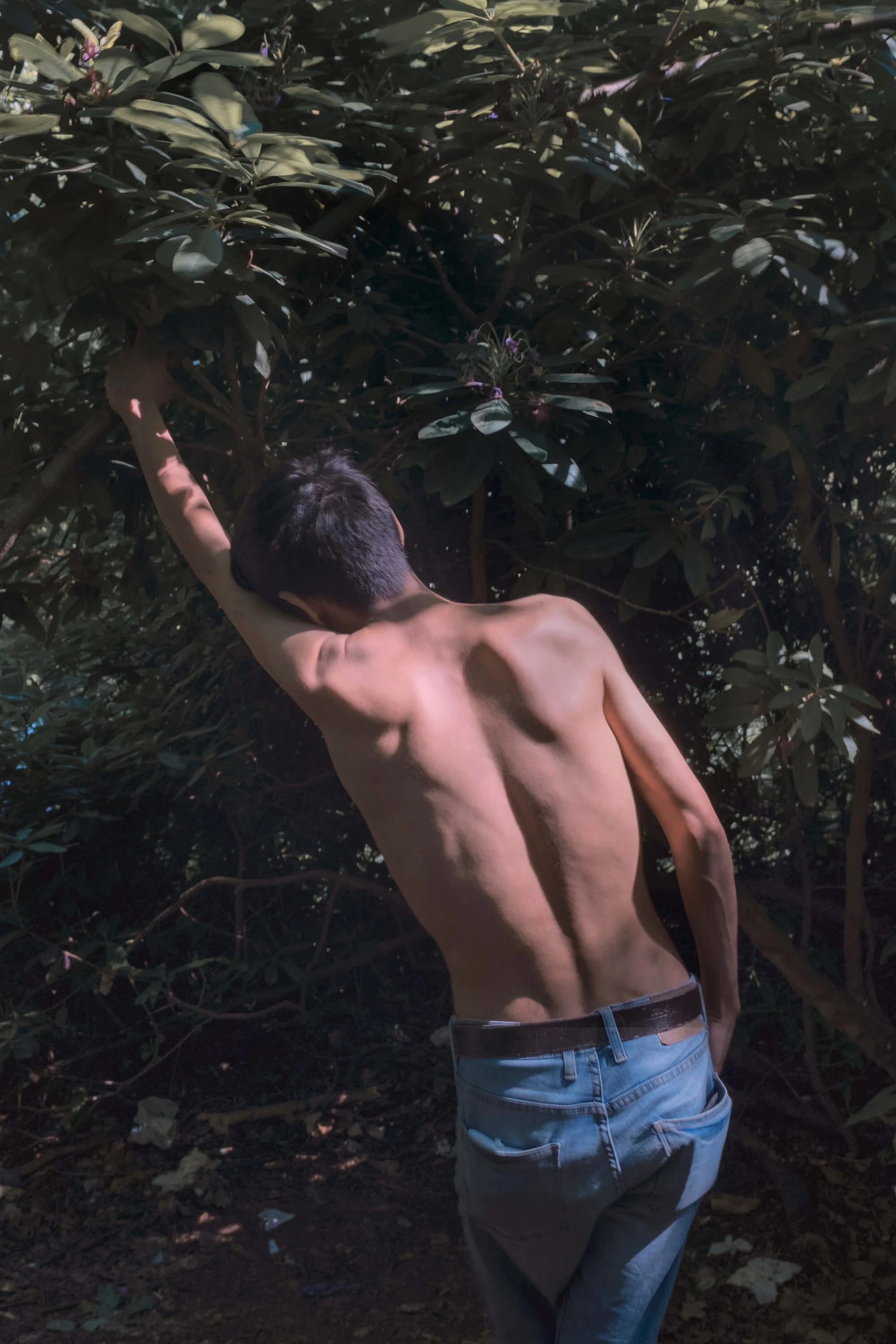
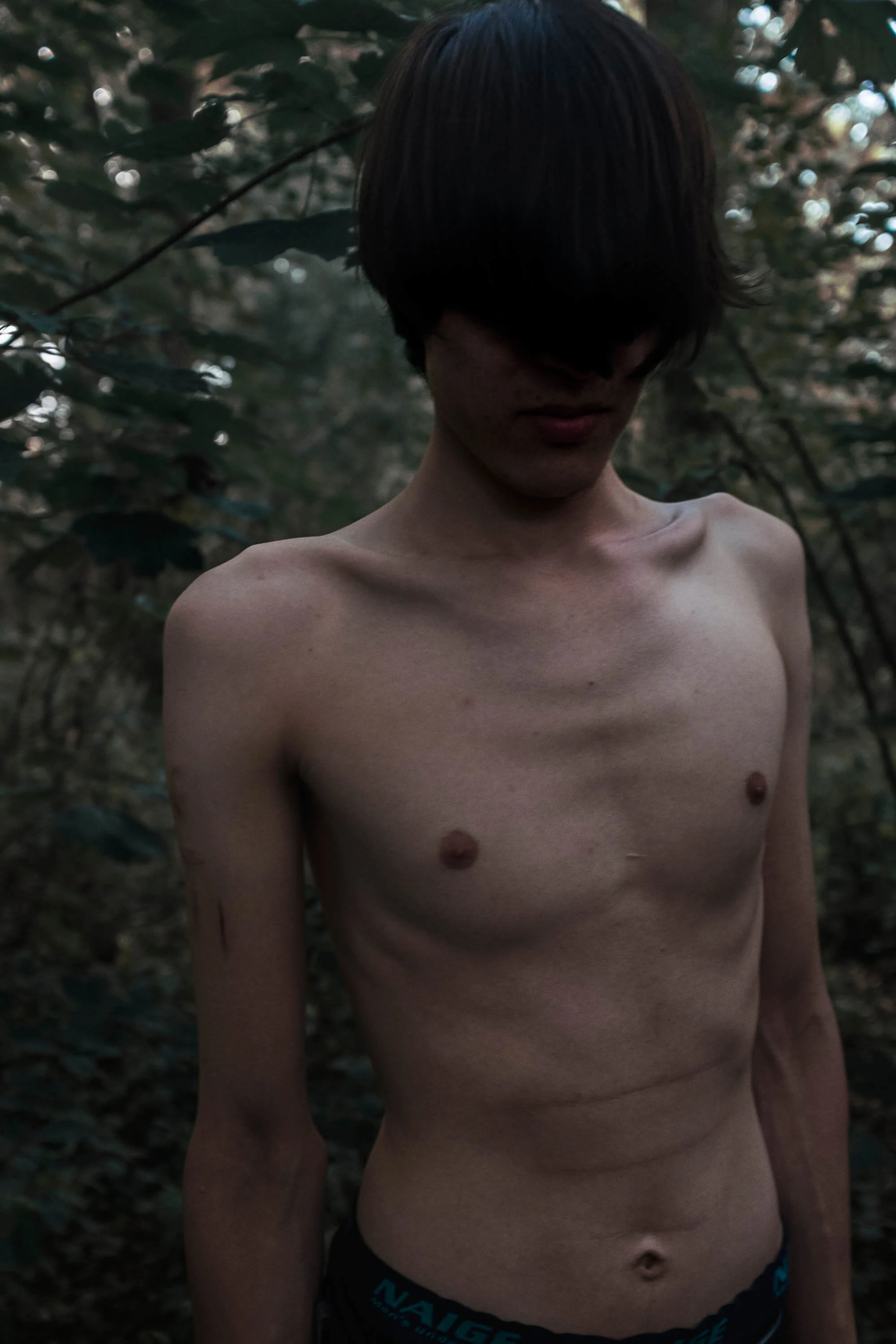
I went with a translator, another girl. I was fasting because it was Ramadan and when they found out, that was the opening for me. I reminded them of home. They started to trust me and protect me, and we became sort of friends.
I noticed Jochen and Mohamed just by being there a lot. I approached them, asked if I could take their photo and they said, "Yes, we don't mind.”
The refugees kept telling me – we are not gay, we are doing it just for money. I wonder, where is the line between pushing them in the right direction and respecting their boundaries as humans?
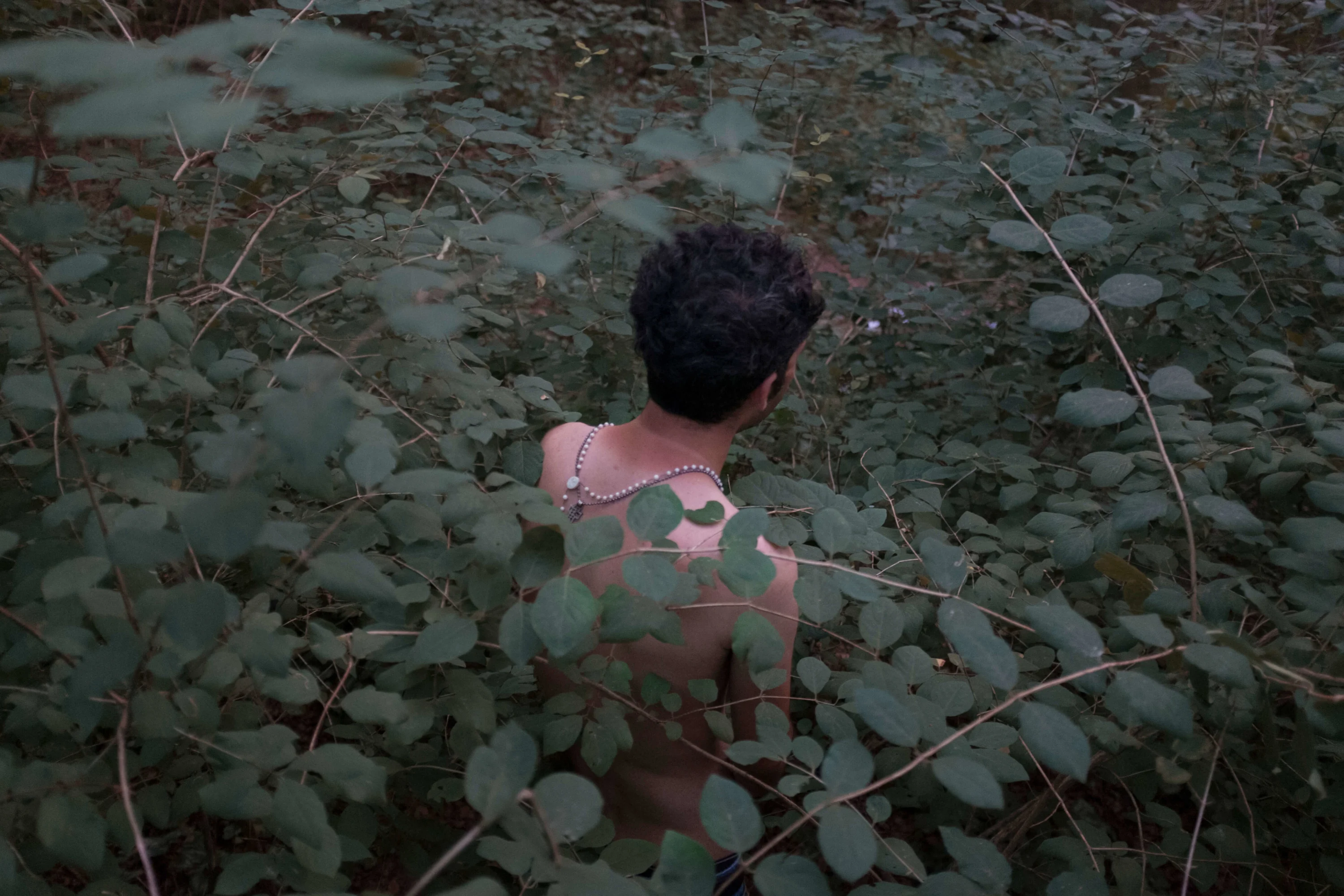
When I learnt about the relationship between Mohamed and Jochen, I realized that's the key for the whole project. The least harmful choice for Mohamed, to get out of this dark circle, is to be in a relationship with a German man.
Jochen would go with him to interviews at the immigration office and say he's his boyfriend. He would hire him a lawyer and help him find a job. And now Mohamed is quitting heroin because he’s got this support.
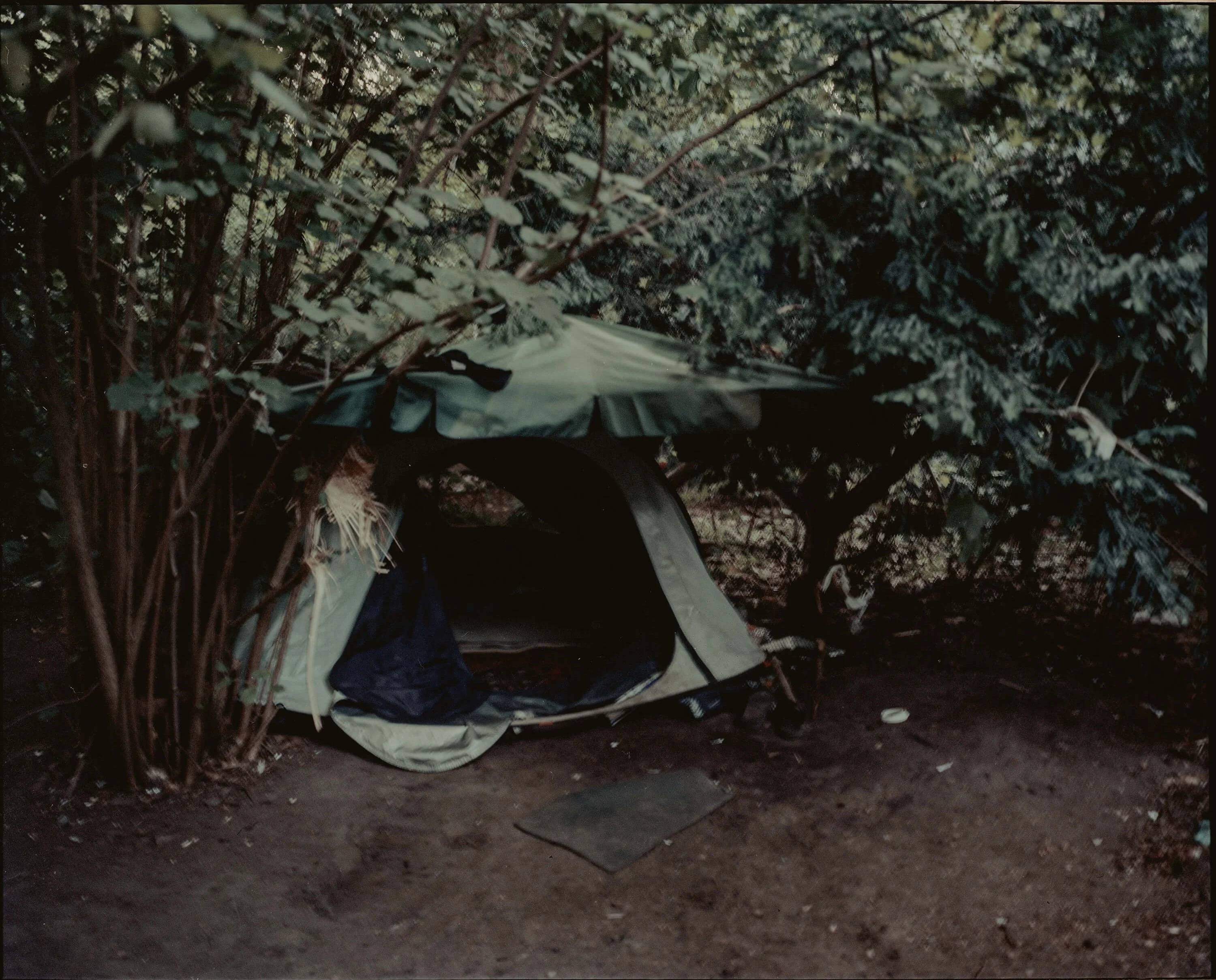
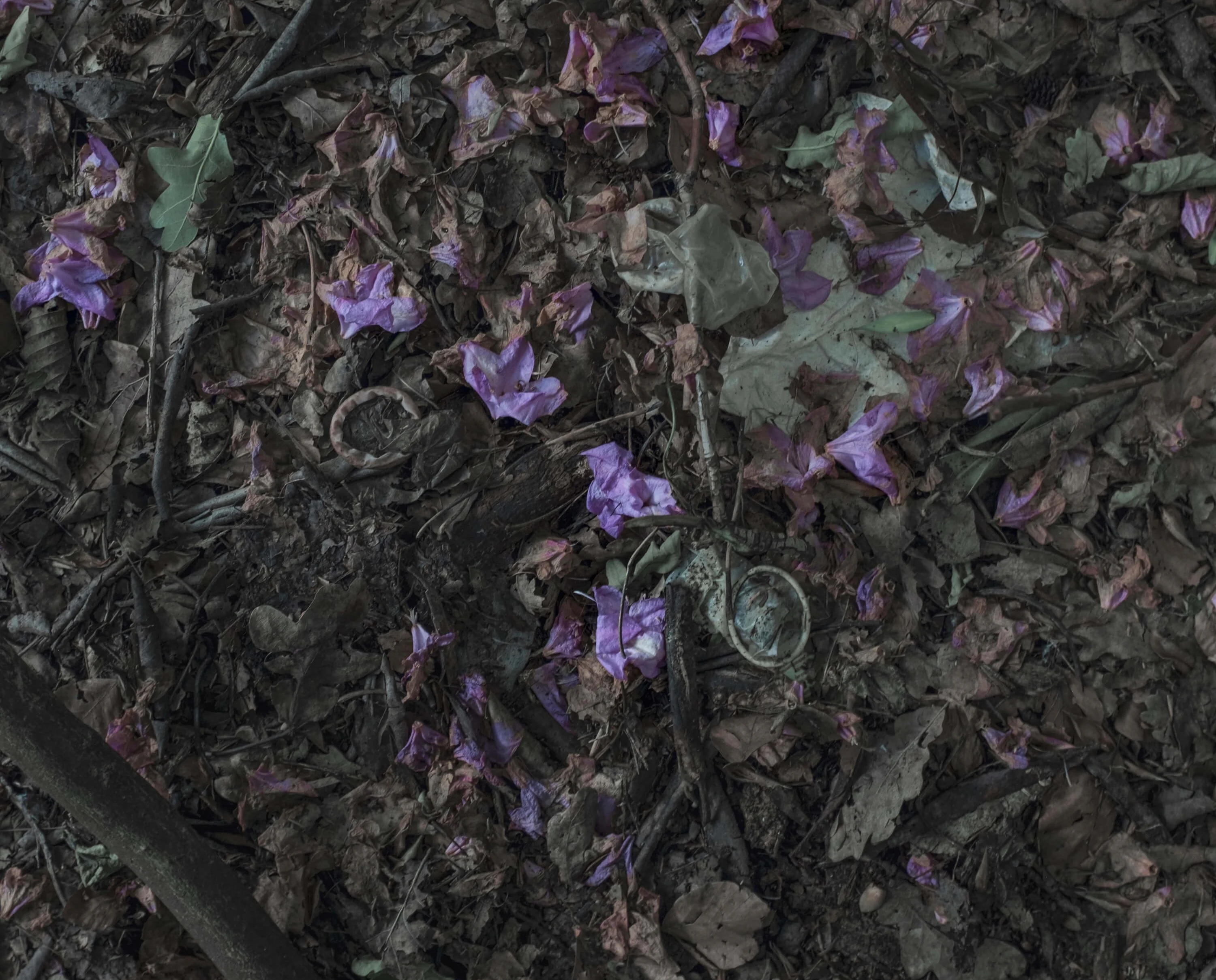
I was talking to the German man once, about how he fell in love, and he told me the only thing giving him hope to stay in the relationship was that the refugee might discover he's gay later. But he's not gay. And the customer is aware of that, but he loves him.
Black Birds is only on my website; it has never been published. I tried to pitch it but nobody was really into it. With my last project, Banned Beauty, everyone wanted to publish it. I think maybe that’s because it’s Africa, it’s far away. But when it comes near to us, in Europe, then people are not interested.
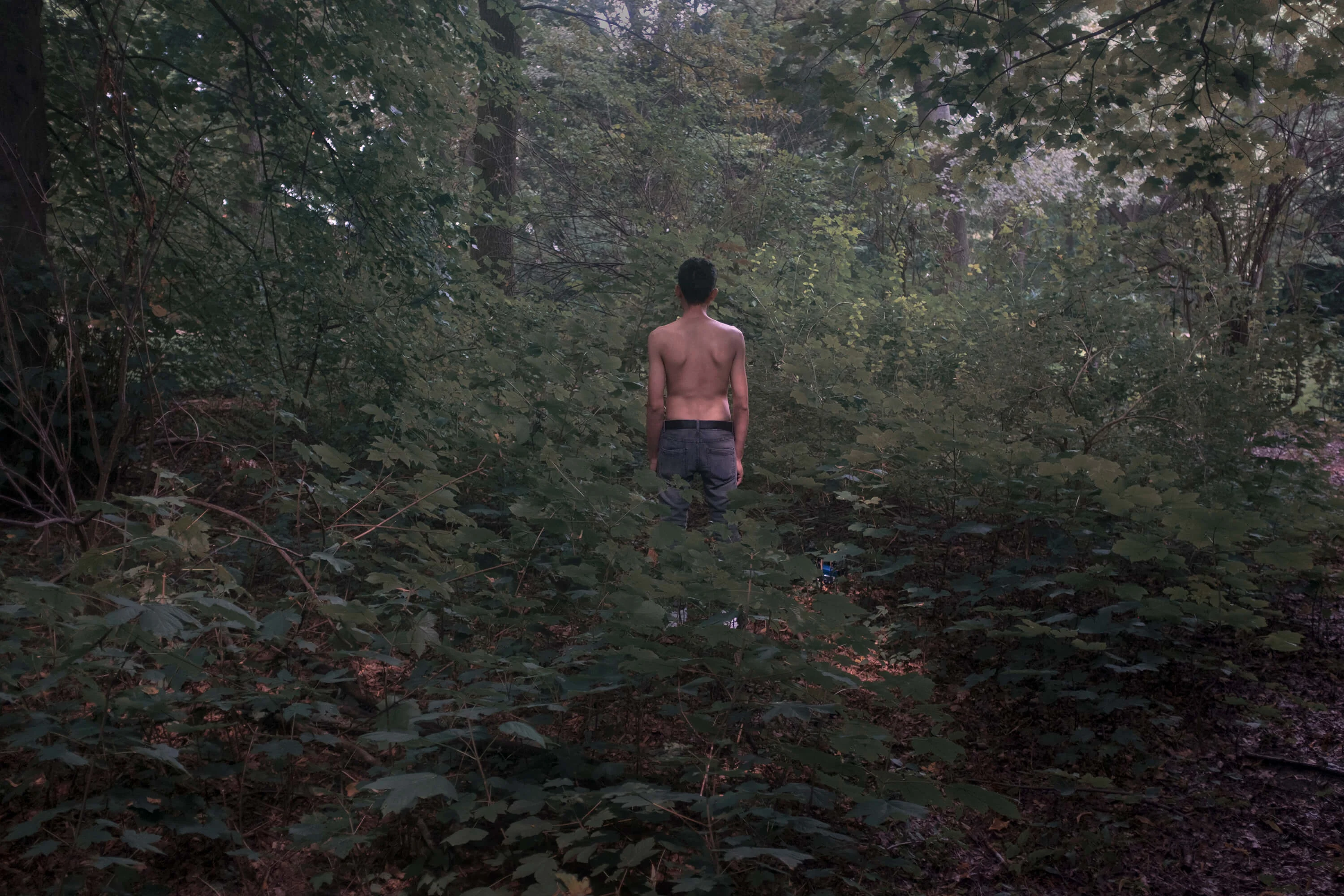
When I was doing the project, the German police reached out to me. They were pushing me to give a testimony about what I was witnessing in the park. I didn’t accept that – I ignored the emails. But then they started calling me five times a day and then they started calling my friends to convince me to talk to them.
My laptop was hacked, and one day, when I came out of the park, there was someone following me. I had to disappear for a while because I wasn't sure what to do. I was freaking out, believe me.
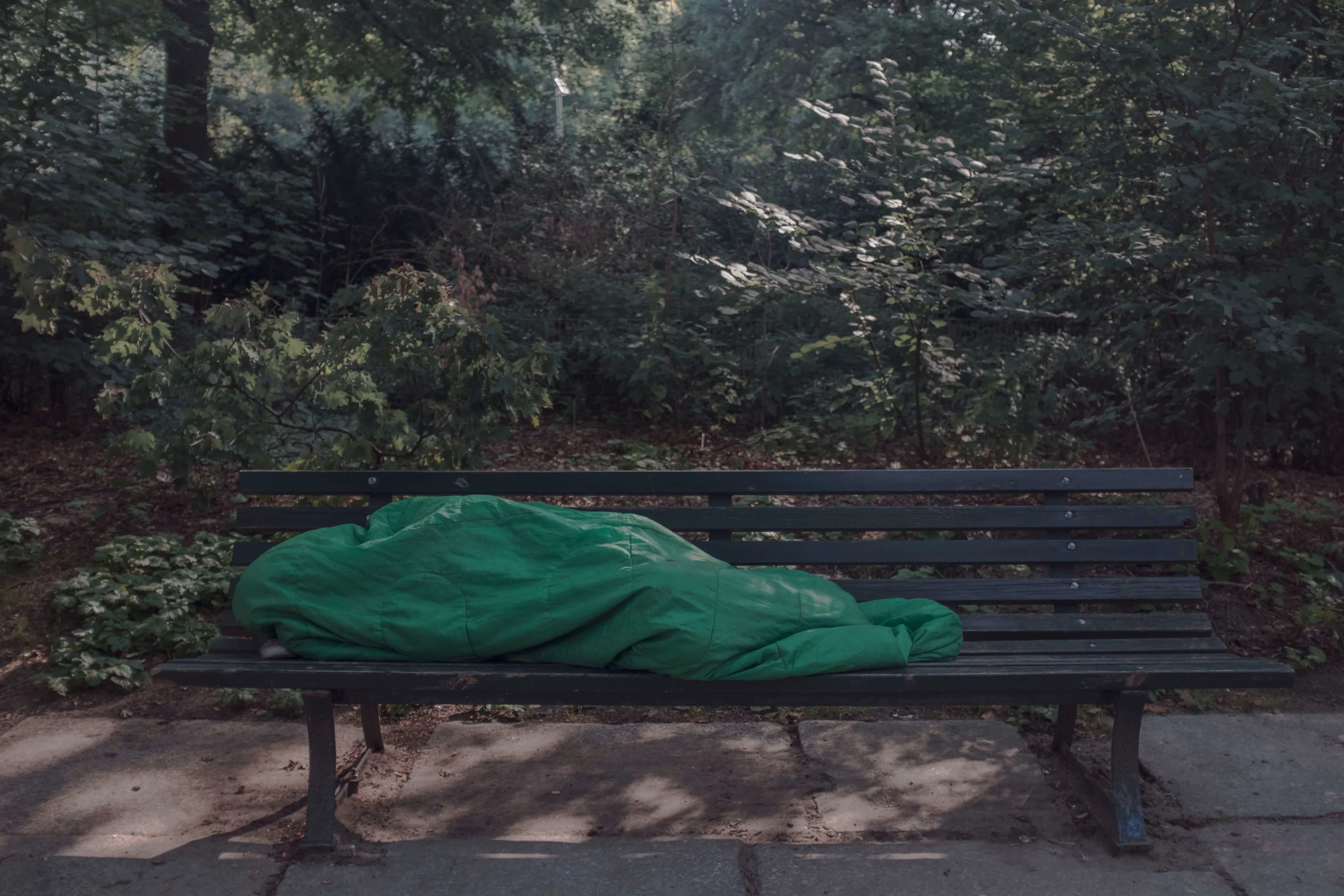
At that point I was really in a weird situation. I was alone. My translator’s boyfriend calls me “crazy Heba” for going back to the park again.
I don’t know why I keep going back. Maybe because I think someone should tell them, "I trust you, you are good guys."
They’re ashamed and they’re stuck and they don't know how to get out. But they’re not dangerous. And if there weren’t customers going to them, they wouldn’t do what they do.






